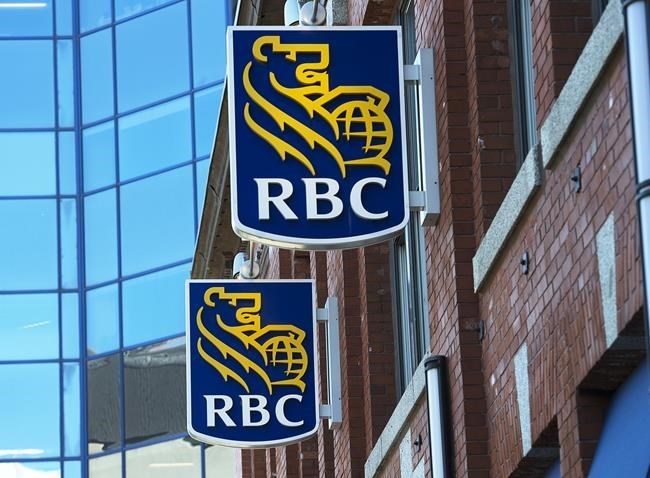TORONTO — A report by RBC Economics says inflation and rising borrowing costs will affect all Canadian households, but low income Canadians will feel the sharpest sting.
Economists at Royal Bank say a return of the overnight rate to two per cent will hike average Canadian household debt payments by nearly $2,000, or 15 per cent, next year.
But they say the debt service ratio of low income Canadians will rise at twice the speed of high income households through 2023.
On the inflation side, RBC estimates the lowest income Canadians will also be more affected as they spend a much larger share of their earnings on consumer purchases.
The economists also say low income households have a smaller cash cushion to deal with the rise in prices and borrowing costs.
The Bank of Canada raised its key interest rate target by half a percentage point to one per cent earlier this month and warned that more rate hikes are coming this year as it works to bring down the annual inflation rate which hit a new three-decade high in March at 6.7 per cent.
This report by The Canadian Press was first published April 27, 2022.
Companies in this story: (TSX:RY)
The Canadian Press



